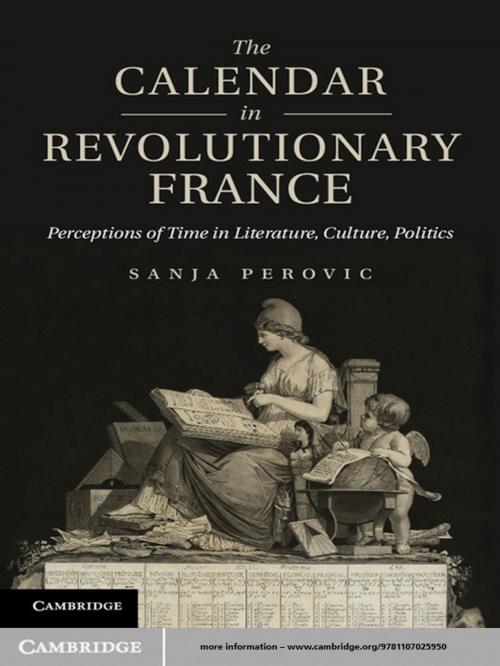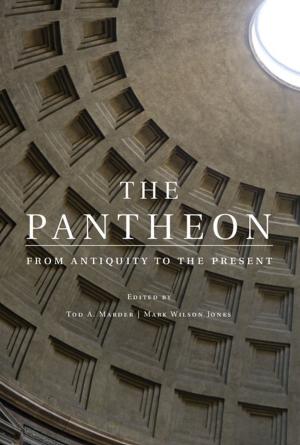The Calendar in Revolutionary France
Perceptions of Time in Literature, Culture, Politics
Fiction & Literature, Literary Theory & Criticism, European, Nonfiction, History| Author: | Sanja Perovic | ISBN: | 9781139540452 |
| Publisher: | Cambridge University Press | Publication: | August 27, 2012 |
| Imprint: | Cambridge University Press | Language: | English |
| Author: | Sanja Perovic |
| ISBN: | 9781139540452 |
| Publisher: | Cambridge University Press |
| Publication: | August 27, 2012 |
| Imprint: | Cambridge University Press |
| Language: | English |
One of the most unusual decisions of the leaders of the French Revolution - and one that had immense practical as well as symbolic impact - was to abandon customarily-accepted ways of calculating date and time to create a Revolutionary calendar. The experiment lasted from 1793 to 1805, and prompted all sorts of questions about the nature of time, ways of measuring it and its relationship to individual, community, communication and creative life. This study traces the course of the Revolutionary Calendar, from its cultural origins to its decline and fall. Tracing the parallel stories of the calendar and the literary genius of its creator, Sylvain Maréchal, from the Enlightenment to the Napoleonic era, Sanja Perovic reconsiders the status of the French Revolution as the purported 'origin' of modernity, the modern experience of time, and the relationship between the imagination and political action.
One of the most unusual decisions of the leaders of the French Revolution - and one that had immense practical as well as symbolic impact - was to abandon customarily-accepted ways of calculating date and time to create a Revolutionary calendar. The experiment lasted from 1793 to 1805, and prompted all sorts of questions about the nature of time, ways of measuring it and its relationship to individual, community, communication and creative life. This study traces the course of the Revolutionary Calendar, from its cultural origins to its decline and fall. Tracing the parallel stories of the calendar and the literary genius of its creator, Sylvain Maréchal, from the Enlightenment to the Napoleonic era, Sanja Perovic reconsiders the status of the French Revolution as the purported 'origin' of modernity, the modern experience of time, and the relationship between the imagination and political action.















